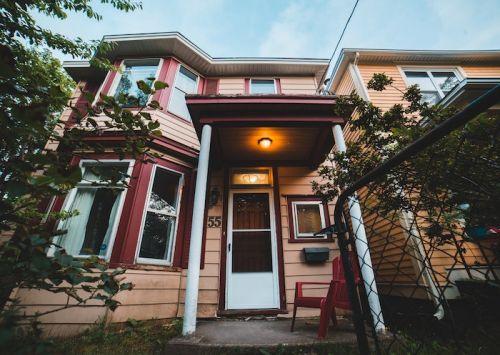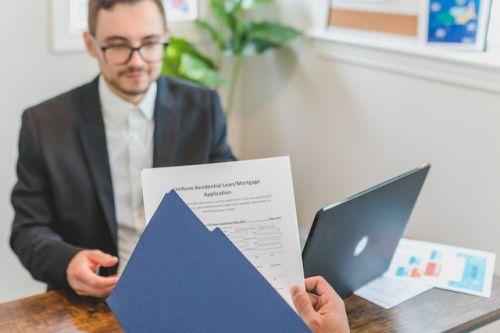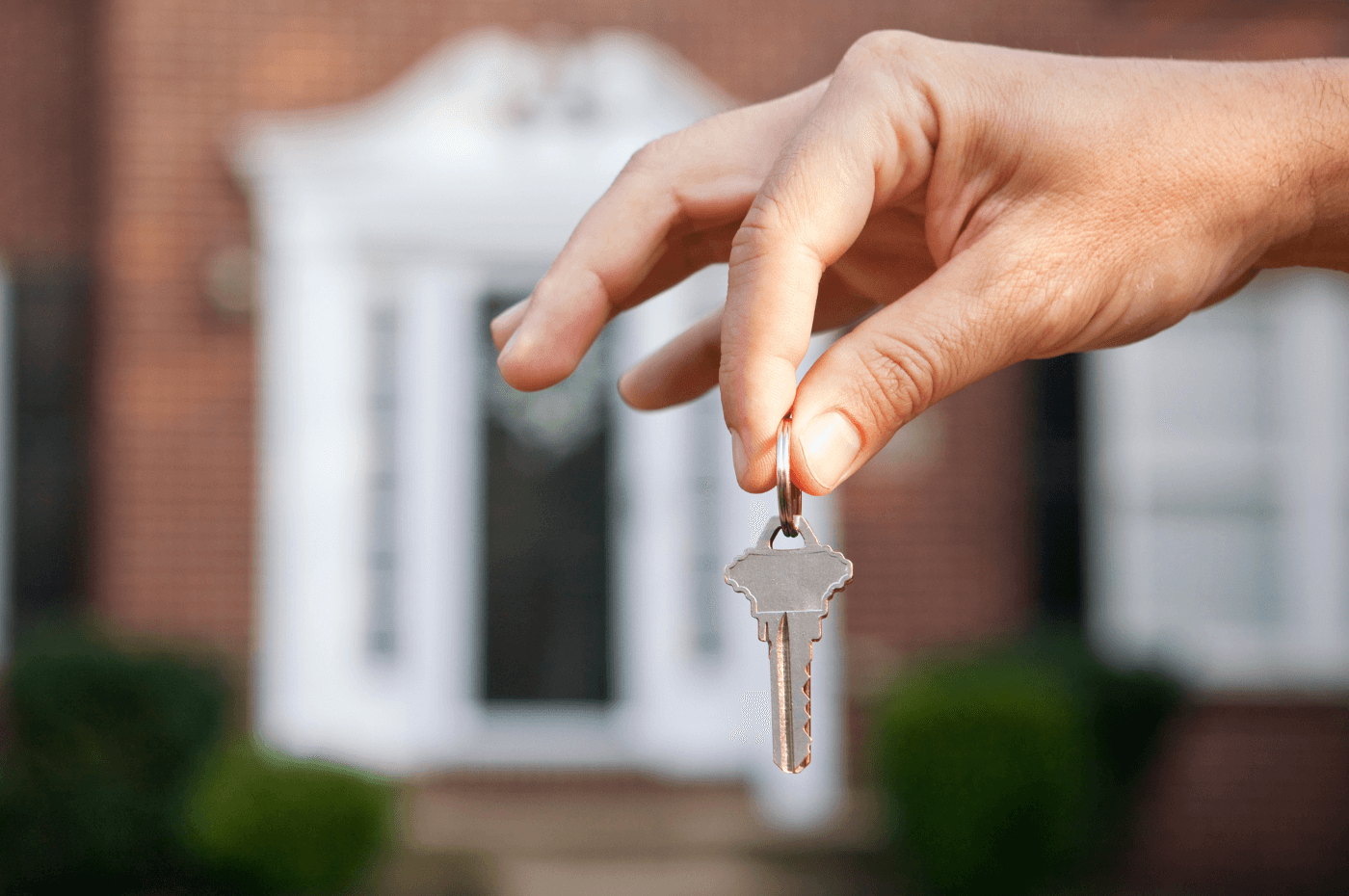Being an owner-occupant can be the perfect solution for easier access to home ownership. But you don't have to invest in just any plex.
Why not? Because of the number of units also depends:
- Your peace of mind;
- The size of your down payment;
- The profitability of the operation.
To find out everything you need to know about owner-occupant status, from the advantages and disadvantages of this form of investment to the requirements for taking over a property, read on.
What does it mean to be an owner-occupant?
An owner-occupant is a landlord who lives in the same building as his tenants. This type of property is known as an income property. The rents paid to the owner are used to pay part of the:
- The loan;
- Service charges;
- Taxes;
- Maintenance.
This type of rental investment doesn't just happen. There are a few things you need to know to keep your project viable:
- Choose the right size building;
- Calculate your net return;
- Think about financial viability.

What size of income property should I own?
We recommand a 5-unit building as the maximum. Why is that? Because beyond that number, you run the risk of having some of your tenants come to you every time there's a little trouble.
No matter how hard you try to choose the type of people who will occupy your apartments, you never know who you're going to end up with. So multiplying the number of apartments means multiplying the risk of your tenants calling or barging in at all hours of the day and night.
We'll bet you'll also have to deal with neighbourhood disputes.
Buying a duplex or triplex
To become a condo owner, buying a duplex or triplex is ideal. You'll have only one or two tenants around you.
However, the number of units isn't the only thing you need to consider when choosing the right building for your project.
How profitable is an income property?
Profitability is the most important aspect of any investment. It's a crucial point to analyse before you choose whether you buy a duplex, a triplex, or another apartment building.
To calculate it, you need to determine the net return.

How is it calculated?
Net return is a way of calculating the true profitability of your property. It's easy to say that your tenants' rents cover your expenses, but when you do the math, sometimes that's far from the case.
The formula for calculating the net return is as follows:
(Annual rent - common charges and other expenses) / purchase price of the property × 100
The first part of this calculation (annual rent - common charges and other expenses) gives you the amount of your annual rent or expenses. Those miscellaneous expenses include:
- City taxes;
- School taxes;
- Non-recoverable fees;
- Management fees;
- Taxation of property income;
- Etc.
The total is your annual return. If it's negative, you'll lose money each year. If it's positive, you'll receive an annuity.
This result can lead you to choose different types of plex to maximize your investment.
Should I buy an income property with a negative net return?
Yes, you should. To get a better idea of the situation, you need to do the same calculation without the loan amount to see what you'll get for the property once it's paid off.
To this, you must add the profit based on the possible evolution of the real estate market.
In fact, property generally increases in value when the real estate market rises. This highly speculative assessment allows us to estimate the so-called financial profitability.
You can therefore invest with a negative net return. It will become positive once the loan is paid off, and you will usually enjoy a handsome capital gain when you sell.
The advantages and disadvantages of owner-occupation
| Pros | Cons |
|---|---|
|
Part of your loan is paid by your rental income. You maintain your own home. The minimum down payment on your mortgage is only 5 to 10%. Makes it easier for you to become a homeowner. Some of your expenses are tax deductible. |
You must live with neighbors who may be noisy. You need to make sure they can enjoy the property in peace. Your tenants will call on you more often. |
The advantages speak for themselves, but what about the disadvantages? Especially those that relate to the peaceful enjoyment of the property.
If you own a 2 to 5-unit plex, you can expect things to go your way. Except that, you'll have to deal with the fact that the rental units aren't exactly your own anymore, and the atmosphere in the building may not be what you'd like it to be.
Either way, you need to be able to let your tenants enjoy the property without forcing your way of life on them. Not all owner-occupiers can do this.
So before you consider buying an income property, ask yourself if this is the case for you.
How much is a downpayment for an owner-occupant?
An owner-occupant can put down a smaller deposit than a non-occupant. We're talking between 5% and 15%, depending on the number of units in the building, rather than 20%.
Your down payment can come from:
- Your savings;
- Your investments;
- Your Registered Retirement Savings Plan (RRSP);
- A gift of money.
When is the deposit only 5%?
Your down payment is only 5% under two cumulative conditions:
- The property contains 1 or 2 units;
- Its value is less than $500,000.
If the purchase price of a 1 or 2-unit building exceeds $500,000, the down payment will be split:
- 5% on $500,000;
- 10% on the remainder.
When is it 10%?
If you're buying an investment property with 3 or 4 units, your down payment must be at least 10% of the value of the property.
The same applies to any amount over $500,000, as we've just seen.

What about 15%?
If the building in question has 5 or more units, the minimum down payment required is 15% of the property value, whether the property is owner-occupied or not.
CMHC's obligations if the down payment is less than 20%
If your down payment is less than 20%, you must purchase mortgage loan insurance from either the Canada Mortgage and Housing Corporation (CMHC) or Sagen.
You should be aware that this insurance premium can be as much as 4.5% of the total amount of your loan. So it's worth calculating that the financial effort required to reach the 20% down payment is not more attractive than taking out mortgage insurance.
Taking over a property from a tenant as an owner-occupier
Tenants have the right to remain in the property. In other words, they are free to occupy the property they are renting as long as they comply with all the terms of the lease.
However, you can terminate this right of occupancy if:
- You are the owner of the property;
- You are an undivided owner of the property with your spouse;
- You are an undivided owner with a title deed dated before November 10, 1987 (less than 4 units) or June 11, 1987 (5 units or more).
However, you must follow a strict procedure.
What are the deadlines for repossession notices?
There are 3 different situations that can happen, depending on the length of the lease:
- Leases longer than 6 months;
- Leases of less than 6 months;
- An unlimited lease.
1. Leases over 6 months
For a lease of more than 6 months, the deadline for sending the notice is 6 months before the end of the lease. Once the notice is received, the tenant has 1 month to respond.
Please note: If the tenant does not respond within one month, you must assume that the tenant has refused your request to leave the property.
Once this month has passed, or the tenant has refused, you have 1 month to take your case to the Tribunal administratif du logement (TAL).

2. Leases of less than 6 months
For a lease of less than 6 months, you must send the repossession notice to your tenant at least 1 month before the end of the lease.
The tenant then has 1 month to respond. Again, if no response is received, you must assume that the tenant has refused to vacate the premises.
As before, once you have received his reply or the deadline for reply has expired, you have 1 month to take the matter to the TAL.
3. Perpetual lease
You must send the notice to your tenant at least 6 months before the date of repossession. The tenant then has 1 month to respond. If the tenant refuses or fails to respond, you must take your case to the TAL within 1 month.
Can I rent it to a family member?
It may be possible for a landlord to take a unit in his building to house his immediate family, whether children, parents or any other family member for whom he is the primary breadwinner.
When is repossession not possible?
It is impossible to repossess an apartment if the following conditions apply
- The tenant is over the age of 70;
- The tenant has lived in the home for more than 10 years;
- The tenant's income qualifies him/her for low-rent housing.
Home insurance for owner-occupant
Being a homeowner also affects your home insurance needs. If you don't live in the building, you'll need different coverage.
Homeowner's insurance covers apartment buildings with up to 6 units. It includes coverage for:
- The insured's property;
- Extra living expenses;
- Third-party liability.
Do you want to buy an income property?
XpertSource.com can help you find a real estate broker. When you tell us about your project, we put you in touch with qualified resources for free. Simply fill out our form (it only takes a few minutes) and we will connect you with professionals.

